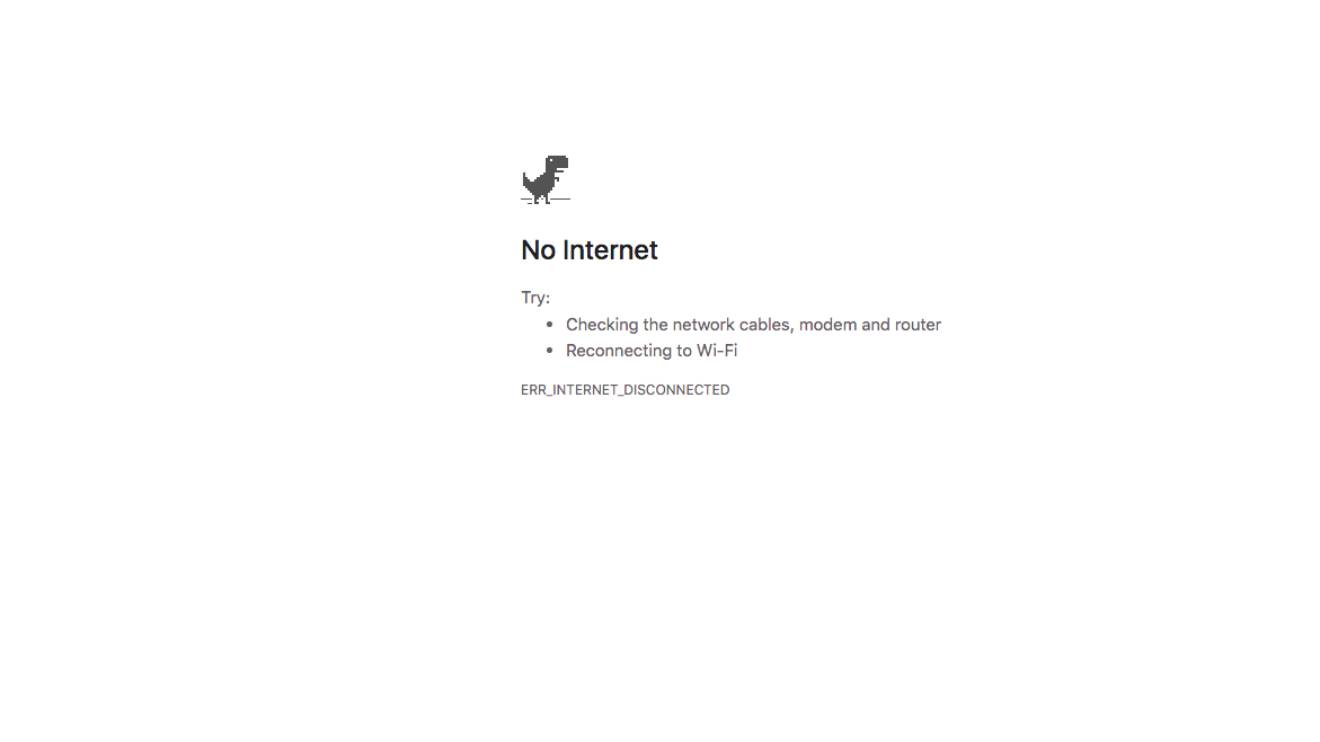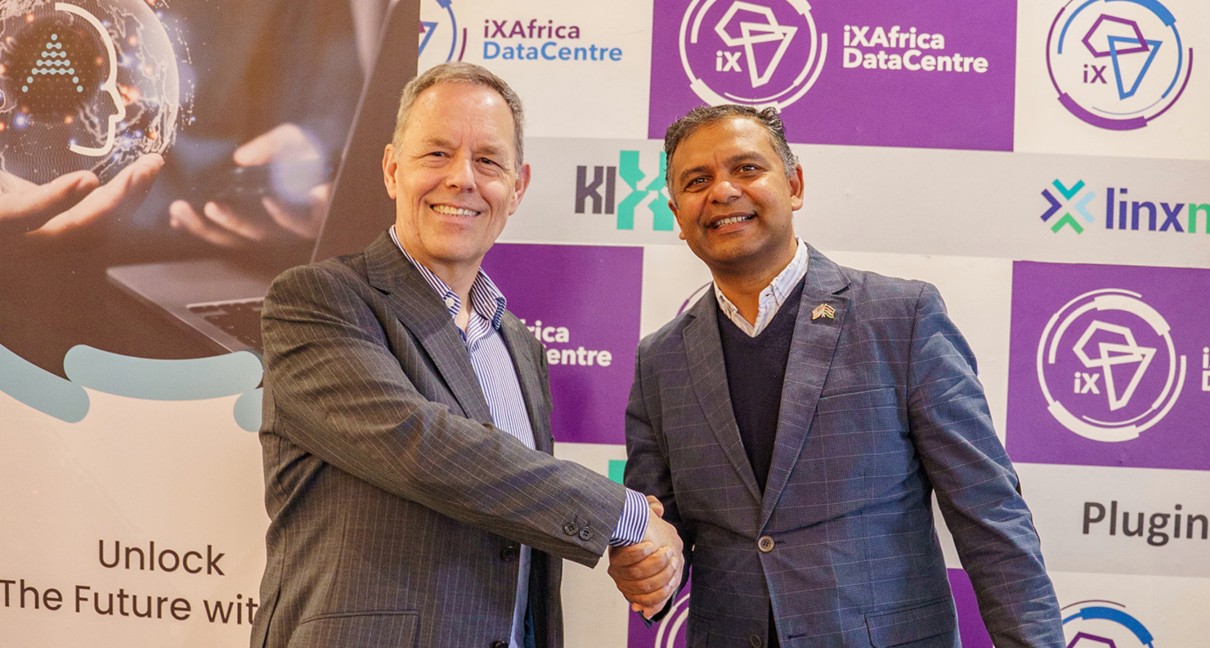Kenya is among top 10 countries in Africa which have complied with key human rights elements, according to The 2024 Digital Rights and Inclusion in Africa Report- Londa.
South Africa tops the list followed by Ghana, Zambia, Namibia and Rwanda respectively, with Nigeria, Senegal, Malawi, Tunisia and Kenya closing the second half of the top 10 list.
The latest Londa report has seen the introduction of a new Score Index which ranks countries in Africa based on their compliance with key human rights elements.
The report by Paradigm Initiative (PIN) was released at the Digital Rights and Inclusion Forum (DRIF) in Lusaka, Zambia which was held from April 29, 2025 to May 1, 2025.
The key human rights elements are contained in the African Commission on Human and Peoples’ Rights Declaration of Principles on Freedom of Expression and Access to Information.
Read More
The Londa report, which focuses on 27 African countries, revealed that internet disruptions reported in Africa included in Kenya, Comoros, The Gambia, Mauritius and Mozambique.
Poor infrastructure is among key factors blamed for the disruptions, with Kenya, Comoros, Mauritius and Mozambique cases blamed on intentional internet shutdowns by their governments.
“The marked increase in internet shutdowns is a reflection of the reluctance of some African countries to comply with international human rights law and a demonstrated dereliction of duty towards national, regional and international obligations to promote freedom of expression and access to information,” stated the report.
The report highlighted other issues affecting internet disruption including data costs, crackdown on freedom of expression, criminalisation of false news among others.
The report revealed that most African countries lacked specific child online safety policies and are stuck on child protection laws that do not cover protection in the digital age.
Londa report further countries like Kenya had deteriorated in the promotion of internet access while countries like Somalia had taken key steps towards affordable internet access.
The DRIF conference was conducted at the Mulungushi International Conference Centre (MICC) and it attracted more than 1,300 delegates from 65 countries across the world.
It brought together policymakers, civil society actors, non-governmental organisations, tech innovators, representatives from the United Nations (UN), diplomatic corps, development agencies, donors/funders, media professionals, government representatives and representatives from the academia and the private sector.
The forum themed “Promoting Digital Ubuntu in Approaches to Technology,” was hosted by PIN in conjunction with Bloggers of Zambia, Common Cause Zambia, Internet Society Zambia, Media Institute of Southern Africa (MISA) Zambia, Zambian Cybersecurity Initiative Foundation (ZCSI), and the Zambia Ministry of Technology and Science.
Its thematic areas were Artificial Intelligence and Emerging Technologies, Trust and Accountability, Data Protection, Privacy and Cybersecurity, Digital Inclusion and Marginalised Groups, Digital Security, Human Rights and Freedoms.
A copy of the report can be accessed here.









 shares a light moment with the company's Group CEO Dr Patrick Tumbo (right) at a past event-1758121528.jpeg)
-1758116028.jpeg)
